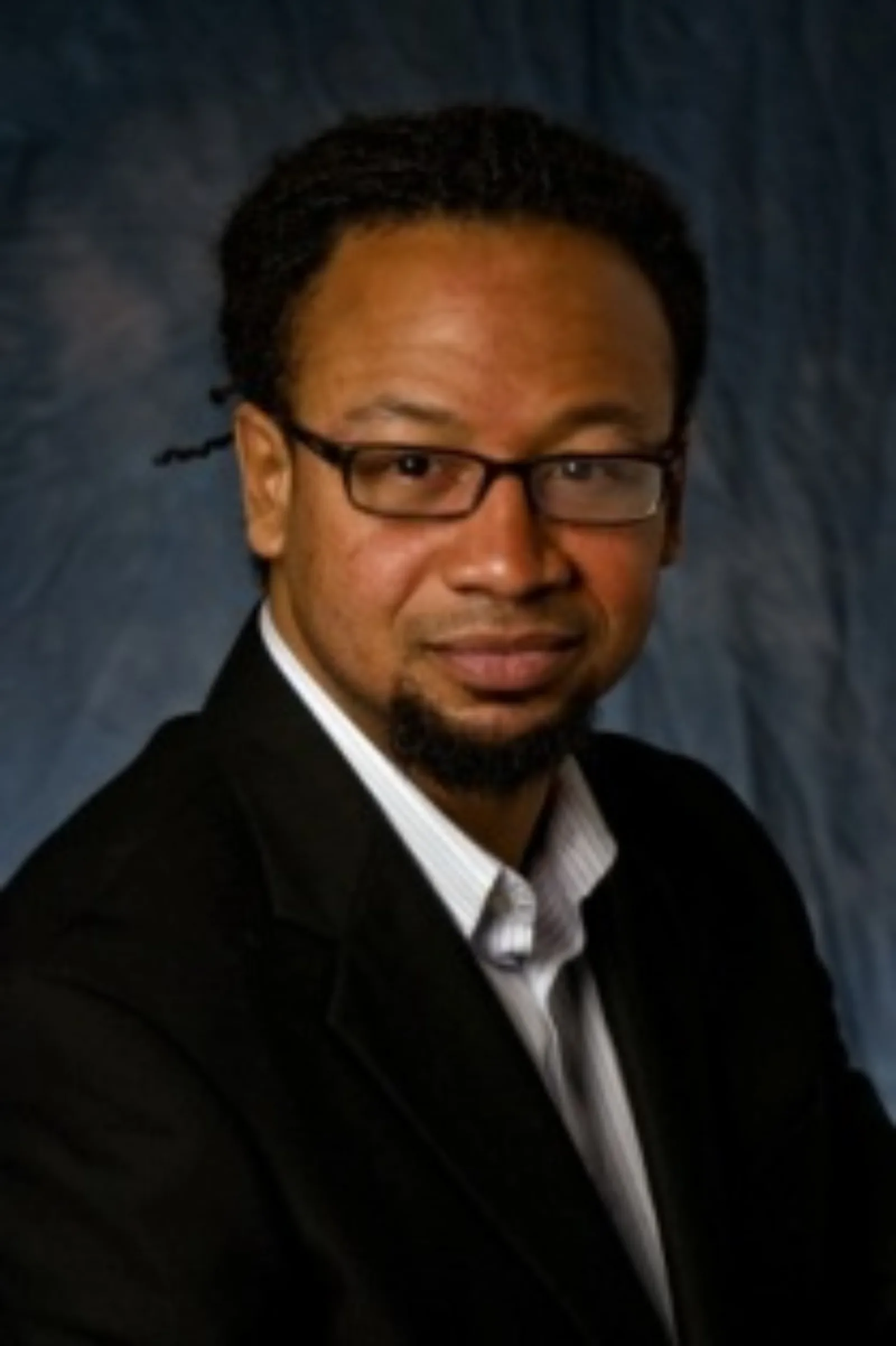Listen to the audio of this program.
"Zion Hill: Envisioning a Black Future" will frame the photographs of Helen Morrison, by offering some background on Black life in Kentucky. Zion Hill was one of many Black towns established after the Civil War. Freedom meant envisioning a future for themselves and their children outside of slavery. Zion Hill was rooted in African American religion and the search for a Promised Land. Like Black people across the nation, in Zion Hill the descendants of slaves worked to build community, to establish churches, schools, stores, buy land, and vote. The talk will pose questions intended to spark conversation about Zion Hill and the images Morrison made in the 1930's and 1940s.
Luther Adams chairs the Ethnic, Gender and Labor Studies Major at the University of Washington Tacoma, and teaches African-American and U.S. History. His book, Way Up North in Louisville: African American Migration in the Urban South, 1930-1970, offers a powerful reinterpretation of the modern civil rights movement and black urban life within the contexts of migration, work, and urban renewal. He documents persistent historical patterns of economic and racial inequality that but shows that inequality did not rob black people of their capacity to act in their own interests. Copies of Dr. Adams' recent book will be available for purchase in the Newberry Bookstore. Your purchase helps to support the Newberry Library, and this program’s featured author.
This event is part of programming related to the Newberry exhibition Photographing Freetowns: African-American Kentucky through the Lens of Helen Balfour Morrison, 1935-1946, which will be open through April 15, 2017.
Download a PDF flyer for this program to post and distribute. Explore slave narratives in the Newberry collection, and other collection items related to the exhibition.
Cosponsored with the Morrison-Shearer Foundation.
Your generosity is vital in keeping the library's programs, exhibitions, and reading rooms free and accessible to everyone. Make a donation today.
